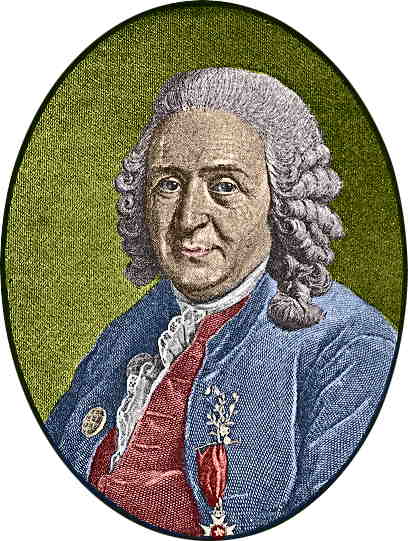A Rift Over Carl Linnaeus Shows We Shouldn’t Idolize Scientists
By Brian Lovett,
Undark
| 08. 06. 2020
The traditions we carry into the future, including who we choose to honor, should be able to withstand modern scrutiny.
WE ARE LIVING through a period of cultural upheaval. Around the world, statues of iconic men who held racist beliefs and committed racial injustices are being ripped from their pedestals. The dull thud of metal bodies hitting concrete rings fresh in our ears, and many of us are still grappling with what these reverberations mean.
Statues of racists are monuments to the dregs of our society. Yet over time, their pedestals have crept so high that, for some people, it has become unthinkable that any scandal could justify their removal. Today, these memorialized men look down on us from high places that they do not deserve; the scandal is that society has for so long respected the inertia of their corrupting influence.
One such figure is the 18th century Swedish botanist Carl Linnaeus. He devised binomial nomenclature, the ubiquitous system now used to scientifically classify organisms by genus and species. He then used his nomenclature to classify humans by “variety,” ascribing inherently positive traits to lighter-skinned Europeans and negative traits to darker-skinned Africans and Asians, thereby laying a pseudoscientific foundation for...
Related Articles
By Kiana Jackson and Shannon Stubblefield, New Disabled South | 02.09.2026
"MC0_8230" via Wikimedia Commons licensed under CC by 2.0
This report documents a deliberate assault on disabled people in the United States. Not an accident. Not a series of bureaucratic missteps. An assault that has been coordinated across agencies...
By Amy Feldman, Forbes | 02.17.2026
"Jennifer Doudna" by Duncan Hull for the Royal Society via Wikimedia Commons licensed under CC by SA 3.0
Soon after KJ Muldoon was born in August 2024, he was lethargic and wouldn’t eat. His worried doctors realized his ammonia...
By Julia Métraux, Mother Jones | 02.10.2026
Why was Jeffrey Epstein obsessed with genes? In the latest tranche of Epstein records and emails made available by the Department of Justice, themes of genes, genetics, and IQ—alongside more explicit threads of white supremacy—keep cropping up, often adjacent to Epstein’s...
By Ava Kofman, The New Yorker | 02.09.2026
1. The Surrogates
In the delicate jargon of the fertility industry, a woman who carries a child for someone else is said to be going on a “journey.” Kayla Elliott began hers in February, 2024, not long after she posted...




